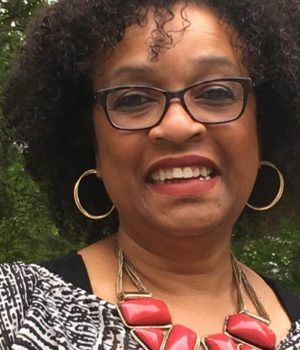Written by Devon Mitchell
Dina Hackley from SARA (Sexual Assault Response and Awareness) came to Roanoke last Tuesday to discuss gendered communication with students and staff. Her talk focused on the distinct differences between masculine and feminine communication. With a flair of humor, Hackley connected with students and helped them understand how to approach crossing these socially constructed ideas of gender.
To begin her talk, Hackley began with a simple statement, “Communicating is hard.” This sentence was the premise of the night. She explained how the difficulties of communicating stem from behaviors which are drilled into our brains as children. There is clearly a female and male way of communicating, and we are taught this binary. Hackley exemplified this point by presenting the audience with a list of adjectives such as confident and passive. She asked the students to sort them as traditionally male attributes and traditionally female attributes.
Hackley explained that we are hardwired to act a certain way between different genders. The baseline is men are competitors and women are levelers. Neither one is inherently worse than the other, but to be successful in work and relationships, it is important to find a balance. It is important that an individual can be direct and honest as a competitor but also be able to discuss personal subjects and emotion as a leveler. Once again, the common theme of being trained into gender is representative in Hackley’s words about levelers vs. competitors.
After describing the different ways in which men and women are trained into acting, Hackley brought up the ways of thinking and how they correspond to each gender. Comparatively, women build relationships and men exchange information. Hackley argued that this baseline difference is key to understanding the differences in how men and women interact. For example, women tend to respond better to more conversation whereas men tend to find solace in not talking. Hackley described how women think there is a problem when they do not talk, and men think there is an issue when they must talk.
Understanding these differences and learning how to freely talk with each other despite their race, gender, sex, etc. is key to the healthy communication that Hackley advocates for. Her work at SARA helps her become closer to the community and put people in a position where they feel comfortable to communicate. The goal of the gendered communication workshop was to educate students on the intricacies of communication and how to alleviate any unnecessary tension. Should anyone ever desire SARA’s help, they have a 24-hour hotline which you can reach at (540)-981-9352.




